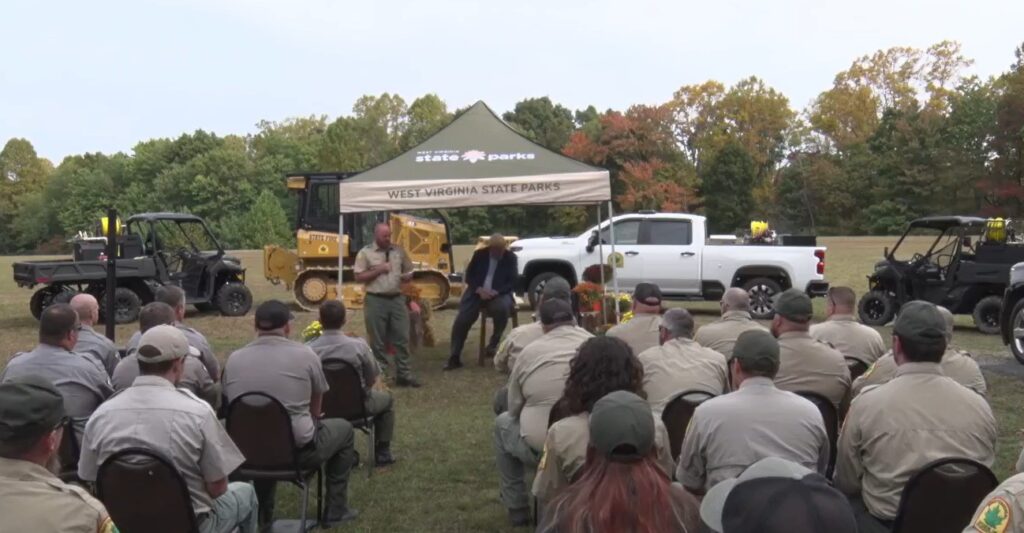Washington, DC – Extended outages of 9-1-1 emergency services after the recent “derecho” storm in the National Capital Region revealed serious vulnerabilities in those systems. But an active, dedicated response from telecommunications carriers and local government agencies can help prevent such outages and improve emergency services in the future.
That was the message delivered to Congress on behalf of America’s 9-1-1 call centers by Trey Forgety, Director of Governmental Affairs for the National Emergency Number Association (NENA), in testimony before the House Committee on Homeland Security, Subcommittee on Preparedness, Response, and Communications.
The unusually intense thunderstorm on June 29 inflicted damage from Chicago to the Washington, D.C., metro area. Millions of people were left without 9-1-1 service for several days because of power outages and generator failures at various service facilities, compounded by a lack of data about what was happening.
“Providing emergency service is perhaps the core function of the government, and 9-1-1 is the critical link between the public and emergency responders,” Forgety testified. “When the safety of the public is at stake, we must put aside the temptation to assign blame, and focus instead on learning how we can prevent future failures.”
Forgety highlighted three lessons learned from the disaster:
- Extended commercial power outages are sure to happen again, and both telecom carriers and public safety agencies who share responsibility for 9-1-1 must ensure they have reliable, frequently-tested sources of backup power and ways to prioritize the routing of 9-1-1 calls. “As things stand today, the resilience of 9-1-1 centers is largely a matter of jurisdictional accident,” with resiliency standards varying widely from community to community.
- The transition to an IP-based, Next Generation 9-1-1 system will help improve reliability and resilience, but the current pace of this transition also varies widely across the nation.
- The kinds of “Big Data” analysis and visualization capabilities that are becoming common in the private sector would help detect and respond to future 9-1-1 outages. Given the clear benefits that such analytics could provide in terms of public safety, NENA believes that “achieving a nationwide deployment of such capabilities should be a key homeland security goal for the next five years.”
A full copy of the testimony is available at www.NENA.org.

